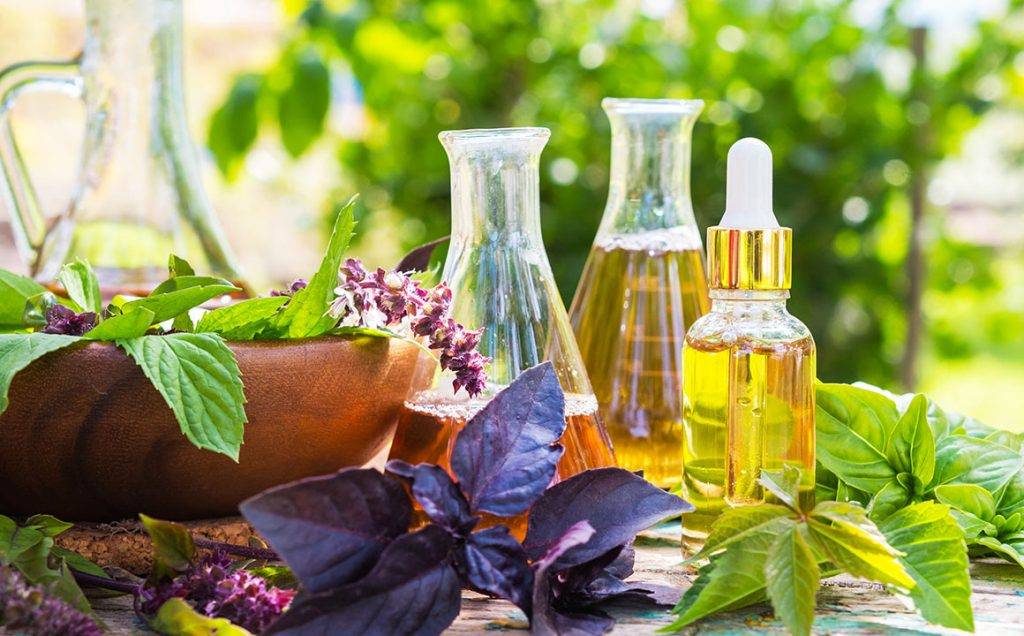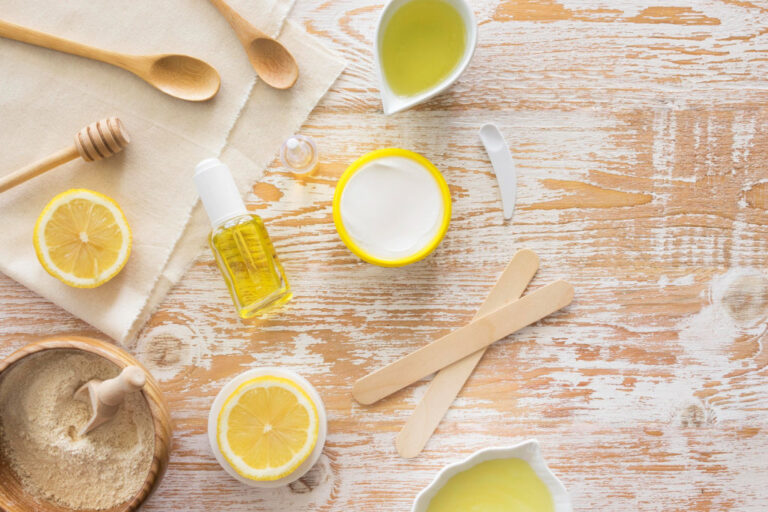
In the pursuit of healthy, lustrous hair, natural oils have emerged as essential allies. From ancient civilizations to modern-day beauty routines, oils extracted from plants and seeds have been revered for their nourishing properties and transformative effects on hair. Beyond their moisturizing capabilities, these oils offer a spectrum of benefits that cater to various hair types and concerns, making them indispensable in both personal care regimens and professional salon treatments. However, as the demand for natural oils continues to grow, so too does the importance of sustainable sourcing practices to ensure their availability for future generations.
The Diversity of Natural Oils
Natural oils used in haircare hail from diverse botanical sources, each offering unique compositions and therapeutic benefits:
1. Argan Oil
Originating from the kernels of the argan tree in Morocco, argan oil is celebrated for its high content of vitamin E and essential fatty acids. It deeply moisturizes hair, restores shine, and improves manageability without weighing it down.
2. Coconut Oil
Extracted from the meat of mature coconuts, coconut oil is rich in lauric acid, which penetrates the hair shaft to strengthen and prevent protein loss. It nourishes dry, damaged hair, reduces frizz, and promotes scalp health.
3. Jojoba Oil
Native to the southwestern United States and Mexico, jojoba oil mimics the natural oils produced by the scalp, making it an excellent moisturizer for all hair types. It balances oil production, soothes the scalp, and adds shine.
4. Sweet Almond Oil
Derived from the kernels of almonds, sweet almond oil is lightweight and rich in vitamins and minerals. It nourishes the scalp, conditions hair, and helps prevent breakage and split ends.
5. Olive Oil
A staple in Mediterranean cuisine and haircare, olive oil is packed with antioxidants and fatty acids that moisturize, strengthen, and add elasticity to hair. It also protects against heat damage and environmental stressors.
Benefits of Natural Oils in Haircare
– Moisture Retention: Natural oils form a protective barrier on the hair shaft, sealing in moisture and preventing dryness and brittleness.
– Strength and Elasticity: Oils like coconut and olive penetrate the hair cuticle, fortifying strands from within and reducing breakage.
– Scalp Health: Many oils possess antibacterial and antifungal properties that soothe the scalp, alleviate dandruff, and promote a healthy environment for hair growth.
– Enhanced Shine and Manageability: Regular use of natural oils improves hair’s shine, smoothness, and overall manageability, reducing frizz and enhancing styling versatility.
Sustainable Sourcing Practices
As the popularity of natural oils in haircare grows, so does the importance of sustainable sourcing practices to preserve biodiversity, support local communities, and ensure ethical extraction methods:
– Fair Trade and Ethical Sourcing: Choose products that support fair trade principles, ensuring that local producers receive fair compensation for their labor and resources.
– Organic Certification: Look for oils that are certified organic, indicating that they were produced without synthetic pesticides or fertilizers, promoting environmental sustainability.
– Community Development: Support brands that engage in community development projects, empowering local communities and promoting sustainable livelihoods.
– Biodiversity Conservation: Encourage sourcing practices that protect biodiversity and natural habitats, ensuring the long-term availability of botanical resources.
Incorporating Natural Oils into Your Haircare Routine
To maximize the benefits of natural oils in your haircare routine, consider the following tips:
– Pre-Shampoo Treatment: Apply oil to dry hair before shampooing to nourish and protect strands from the drying effects of cleansing agents.
– Leave-In Conditioner: Use a few drops of oil as a leave-in conditioner to smooth frizz, add shine, and protect hair from heat styling.
– Scalp Massage: Massage oil into the scalp to stimulate circulation, promote hair growth, and alleviate dryness or itchiness.
– Hair Masks: Create DIY hair masks by combining oils with other nourishing ingredients like honey or yogurt for a deep conditioning treatment.
Conclusion
Natural oils represent a harmonious union of tradition and modern science in haircare, offering a wealth of benefits for hair and scalp health. From enhancing moisture retention and strengthening hair strands to promoting scalp health and imparting shine, these oils cater to diverse hair types and concerns with their versatile applications. However, as we embrace the benefits of natural oils, it is crucial to prioritize sustainable sourcing practices that uphold environmental stewardship and support the communities that cultivate these precious botanical resources. By making informed choices and incorporating natural oils into our haircare routines responsibly, we can nurture our hair while contributing to a more sustainable beauty industry for generations to come.
